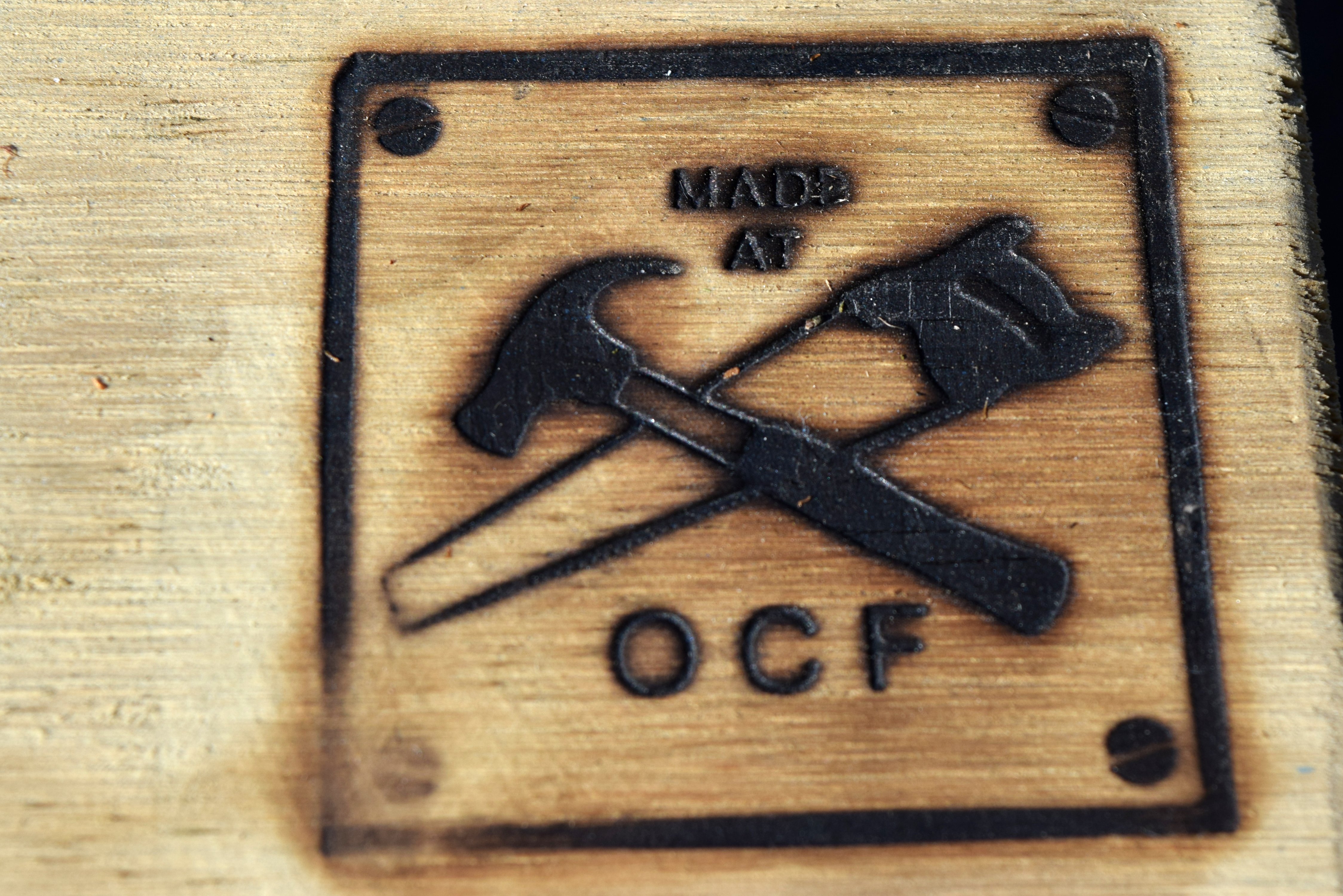
Chain Hills Restoration Project (ChiRP) owner Rebecca Guest said it was "exciting" to pick up 50 trap boxes from Otago Corrections Facility near Milton last week.
Dr Guest, of Chain Hills, said when she collected the traps, she noticed the "pride" the prisoners had taken from making the Doc 200 traps.
"They are making a huge contribution towards a predator-free New Zealand."
The boxes had two traps inside.
A hen’s egg in a nest of grass would be laid as bait between the traps and "then stoats come in and wham".
"Stoats are hard to catch because they are sneaky and wary, so you want to make it appealing as possible."

The traps could also kill weasels, but more stoats roamed Chain Hills, she said.
She was working with Predator Free Dunedin on the designing a stoat trap network across Chain Hills.
Once designed, a call would go out for volunteers to be trained to check a trap each month.
The materials to make the traps were paid for using money from the Dunedin City Council’s biodiversity fund.
The project was given $4900 for a funding round late last year to establish the network.
"It’s our first hill-wide trap network - it’s a big milestone."
To get the traps built for free with supplied materials, she lodged an application with the facility.
"It’s an incredible service," Dr Guest said.
Facility industries manager Wayne Young said the traps were made in the facility’s carpentry workshop.
"To a high standard of workmanship as per the customer’s specifications."
The work allowed the men to gain "valuable life skills" and New Zealand Qualifications Authority unit standards towards a certificate in building, construction and allied trades skills (level 2).














